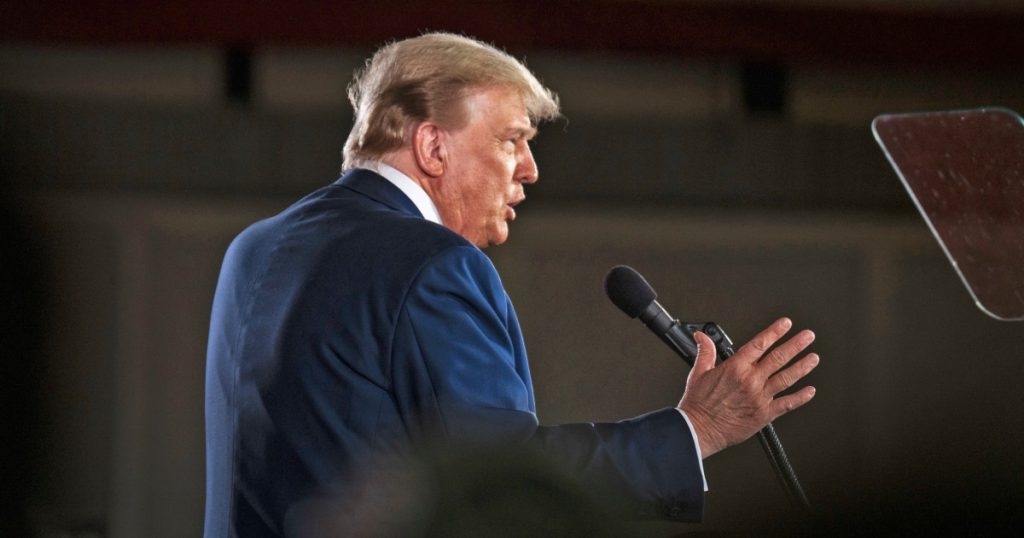As the country approaches the 2024 election, Donald Trump continues to dwell on the 2020 election, claiming it was stolen by Democrats. He has expressed reluctance to hire campaign staff who accepted Biden’s victory. Key contenders for Trump’s running mate, like Sens. JD Vance, Marco Rubio, and Tim Scott, have not committed to accepting the 2024 election results, showing loyalty to Trump. While some, like Rep. Elise Stefanik, have openly doubted the 2020 election results, others have been more cautious in their statements.
Rep. Elise Stefanik, a staunch Trump supporter, voted against certifying the 2020 election results for Biden and continues to question the integrity of the election. Ohio Sen. JD Vance has echoed Trump’s claims of election irregularities and stated that he would not have certified the election for Biden. North Dakota Gov. Doug Burgum, a potential candidate for Trump’s administration, has shifted towards election denialism to align with Trump’s views.
Sen. Marco Rubio and Sen. Tim Scott, who both voted to certify Biden’s election win, have not committed to accepting the 2024 election results in interviews. Gov. Kristi Noem of South Dakota initially echoed Trump’s belief that the election was rigged but recognized Biden as the winner. Former HUD Secretary Ben Carson, a loyal Trump supporter, has not made his stance clear on accepting the 2024 election results, remaining out of the public eye.
The potential vice-presidential candidates are aligning themselves with Trump’s narrative of a stolen election, despite the lack of evidence to support these claims. Their loyalty to Trump and refusal to accept the results of the 2020 election raise concerns about their commitment to upholding democracy. As the 2024 election approaches, the stance of key contenders on accepting the election results remains uncertain, posing challenges for the future of the Republican Party.
The focus on the 2020 election by Trump and his allies threatens to overshadow the upcoming election and erode trust in the democratic process. By refusing to accept the results of the previous election, these candidates are setting a dangerous precedent for future elections. The lack of commitment to accepting election outcomes raises questions about their willingness to uphold democratic norms and respect the will of the voters. In a time of heightened political polarization, the stance of potential vice-presidential candidates on election integrity is crucial for the future of American democracy.


